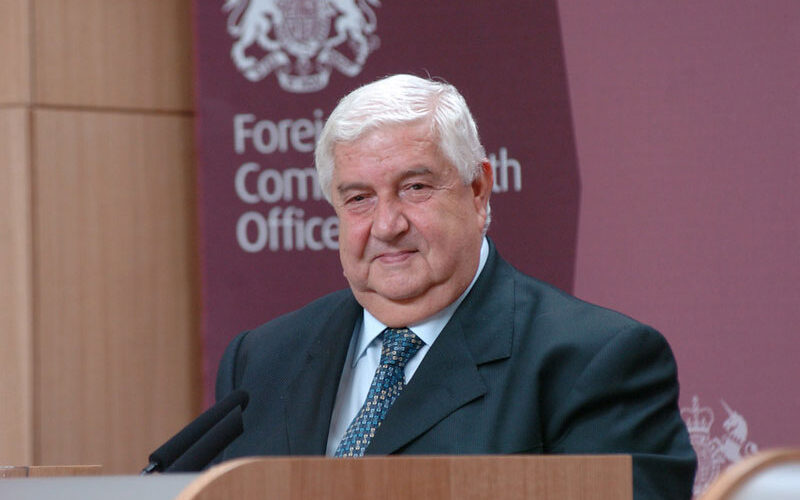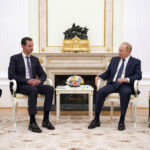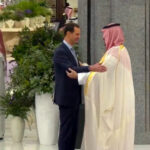SULEIMAN AL-KHALIDI
SYRIA’S long-time foreign minister Walid al-Moalem, an unyielding defender of Syrian President Bashar al Assad’s bloody crackdown on peaceful protesters that sparked a decade-old conflict, has died.
The government gave no details of the cause of death, but the 79-year-old had been in poor health with heart problems. A source close to the government said it was expected his deputy, veteran diplomat Faisal Mekdad, would replace him as foreign minister.
The genial public face of Assad’s rule to the outside world, Moalem was branded a traitor by the opposition for supporting the violent crackdown on protesters at the beginning of the conflict in 2011. Thousands took to the streets that year demanding an end to the Assad family’s decades-old authoritarian rule that later erupted into a full-scale civil war.
Moalem was unrepentant. The soft-spoken diplomat accused the United States and others in the West of fuelling his country’s unrest and labelled insurgents “jihadi terrorists” in a conflict in which more than half a million people have been killed and more than 5.6 million have become refugees, most of them Sunnis.
“No government in the world can accept an armed terrorist group, some of them coming from abroad, controlling streets and villages in the name of ‘jihad’,” Moalem, who was also deputy premier, said in a 2012 newspaper interview.
He was first appointed foreign minister in 2006 and had held a series of top diplomatic posts, including envoy to the United States, and was involved in unsuccessful negotiations with Israel in the 1990s on a peace settlement.
“He was known for his honourable patriotic positions,” the government said in a statement.
Funeral prayers were held at Saad bin Moaz Mosque in Damascus ahead of the burial.
Iranian and Russian officials offered condolences as did Lebanon’s president and Oman’s foreign ministry. Many Arab states were silent, reflecting the Assad regime’s isolation in the region and abroad.
Moalem saw his country tilt further towards Iran and Russia, which have helped shore up Assad’s rule and allowed the authoritarian leader to regain most of the territory he once lost to insurgents.
“This is very sad news. I have lost a very close friend in the Arab world. He was a reliable partner, a very knowledgeable person, diplomat and politician,” Russia’s TASS news agency quoted Mikhail Bogdanov, Russia’s deputy foreign minister.
Born in 1941 to a Sunni family from Damascus, Moalem publicly defended Moscow and Shi’ite Iran’s growing military role, backed by its proxies in Syria, which many Syrian opponents of Assad labelled an occupation and blamed for fuelling sectarian tension in a Sunni-majority country.
“I am ready to be one of Hassan Nasrallahʹs soldiers,” Moalem said in August 2006, referring to the leader of the Iran-backed Lebanese militia Hezbollah, which has in recent years sent thousands of its members to fight alongside Assad’s forces.
Assad is drawn from the minority Alawite sect whose members control the security forces and army that led the crackdown. Human rights groups and the United Nations said the crackdown caused the deaths of hundreds of thousands of civilians.
Moalem recently attacked the Caesar Act – the toughest U.S. sanctions yet against Damascus – which came into force last June, saying they were meant to starve Syrians. He vowed that his country would get economic help from Iran and Russia to soften its blow.
Washington says the goal of the new sanctions is to hold Damascus to account for war crimes and deter it from further pursuing the war. The sanctions exempt humanitarian aid. – Thomson Reuters Foundation.














